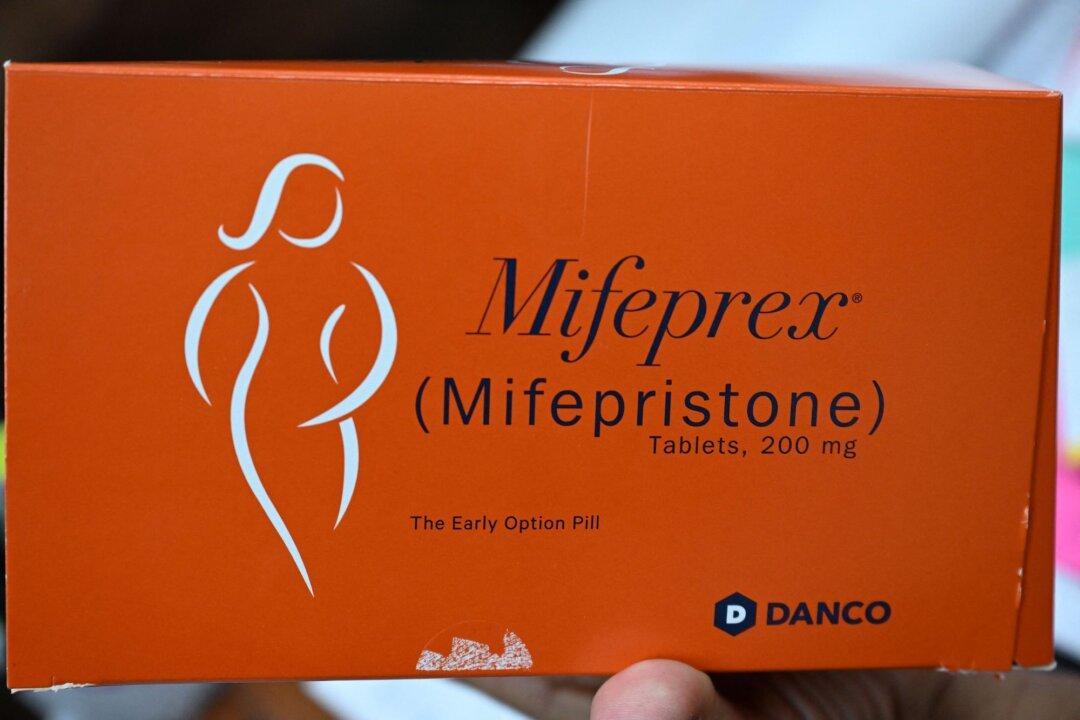Dozens of Democratic and Republican attorneys general are taking sides in a legal battle, the outcome of which will decide whether two widely used chemical abortion drugs may still be sold in the United States with federal approval.
In the lawsuit, filed last November in the U.S. District Court in Northern Texas, conservative advocacy group Alliance for Hippocratic Medicine accused the U.S. Food and Drug Administration (FDA) of ignoring science and law to appease pro-abortion advocates when the agency evaluated and eventually approved mifepristone and misoprostol in 2000.





